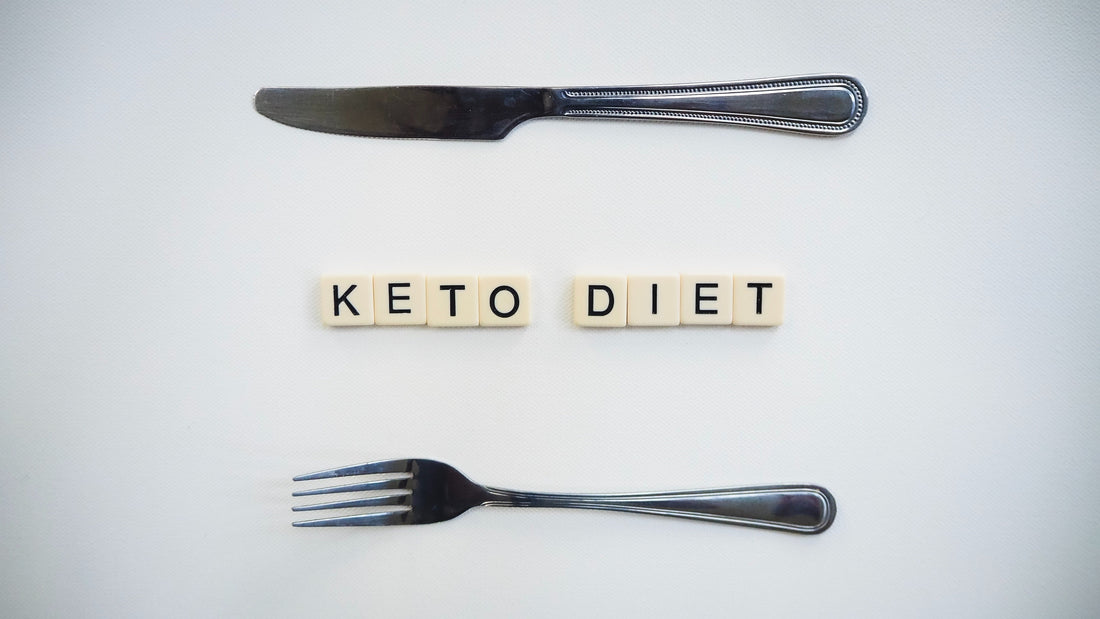
How to Know You’re In Ketosis?
Gloria PalcichShare
Ketosis is a metabolic state where the body starts breaking down fat to use as energy. This process is called ketosis. Ketones are produced by the liver from breaking down fat.
The main goal of starting the keto diet is to reach the state of ketosis. After limiting your carbs, you should notice that your body transitions from burning glucose to burning fat for fuel.
One of the most frequently asked questions while on a keto diet is “how to know you’re in ketosis“?
The answer is not that difficult all you need to do is notice the signs in your body. Following are the signs that let you know if you are in ketosis.
-
Keto Breath
When you burn fat for energy instead of glucose, your body produces ketones, one of which is called acetoacetate. The reason your breath may smell fruity, acetone, metallic, or acetylated is due to ketosis.
You will smell ketones on your breath when you first start creating them. Keto breath usually goes away once your body runs out of glucose for energy and gets better at using ketones.
-
Higher Ketones in the Blood
Test your ketones with a blood ketone meter to make sure you're in ketosis. At 0.5mmol/L or above, you're in ketosis. While your ketone levels may decline a little after the initial rise.
However, this does not mean you are out of ketosis. The body will still be burning fat for fuel and remain in ketosis as long as your ketones are at 0.5 mmol/L or higher.
-
Rapid Weight Loss

In the absence of carbs, your body uses its stored glucose, referred to as glycogen. Glycogen is primarily composed of water, so when you are on a keto diet you lose this water weight first.
This is an indication that your body is preparing to produce ketone bodies as your insulin levels drop.
It is important to note that ketosis alone is not sufficient to cause weight loss, but the fact that weight loss occurs quickly when you restrict your carb intake is an early sign of ketosis.
-
Improved Brain Function

While you may experience some brain fog when you begin the keto diet, your cognitive function will improve in the following weeks. That's because the brain functions better on ketones.
In several studies, ketones have been linked with enhanced cognitive functions, such as mental clarity, concentration, and focus. Aside from improving your mental performance, ketones may also help to alleviate anxiety symptoms.
-
Increased Thirst

A side effect of ketosis may be a feeling of increased thirst. This can happen as a result of water loss from all the lost glycogen stores.
In some cases, dehydration and electrolyte imbalance can also result from high ketones levels. Make sure you drink plenty of water and other liquids to prevent dehydration.
-
Decreased Appetite
Hormones play an important role in regulating our appetite and hunger. Ghrelin is one of the hormones that make you hungry. While Cholecystokinin is a hormone that induces feelings of fullness.
As ketones increase, the level of these two hunger hormones are reduced, which means that you may feel less hungry during the day.
Additionally, you'll find that you can easily go for a longer period of time without eating or feeling hungry.
Conclusion
Weight loss and feeling mentally sharp, steady, and in control of your hunger are all early indicators of ketosis. Checking ketone levels in your blood and urine every week will provide a more accurate assessment.
Having your everyday meals properly planned out is extremely important while on keto. For keto-friendly meals with plenty of low-carb options, check out our meal packages.
If you would like some professional assistance, take a look at our keto coaching program.
References
Musa-Veloso, K., Likhodii, S. S., & Cunnane, S. C. (2002). Breath acetone is a reliable indicator of ketosis in adults consuming ketogenic meals. The American journal of clinical nutrition, 76(1)
Chearskul S, Delbridge E, Shulkes A, Proietto J, Kriketos A. Effect of weight loss and ketosis on postprandial cholecystokinin and free fatty acid concentrations. Am J Clin Nutr. 2008;87(5):1238-1246.
Hernandez AR, Hernandez CM, Campos K, et al. A Ketogenic Diet Improves Cognition and Has Biochemical Effects in Prefrontal Cortex That Are Dissociable From Hippocampus. Front Aging Neurosci. 2018;10:391. Published 2018 Dec 3.
Image Credit: Total Shape
Link to homepage: https://totalshape.com/
